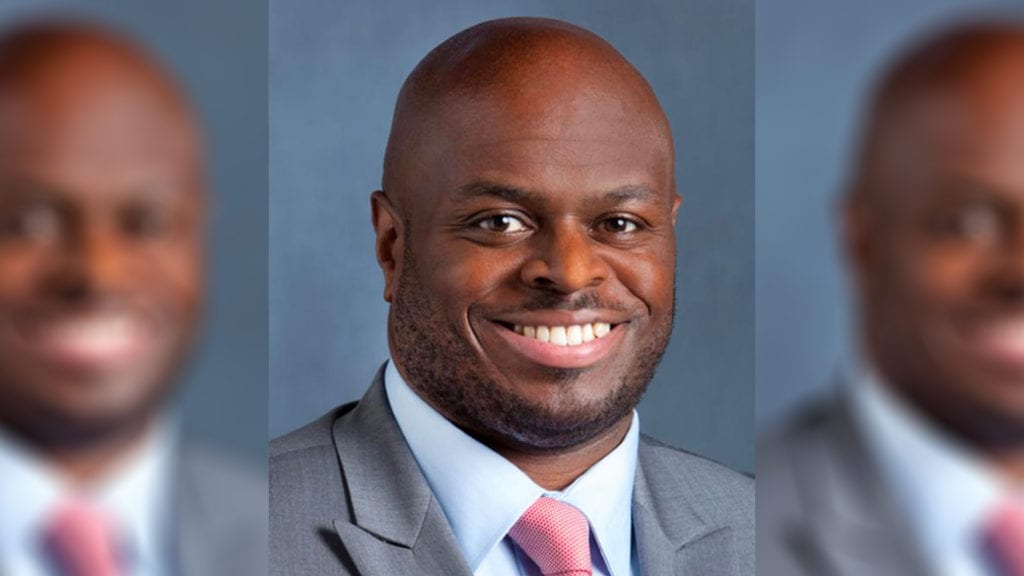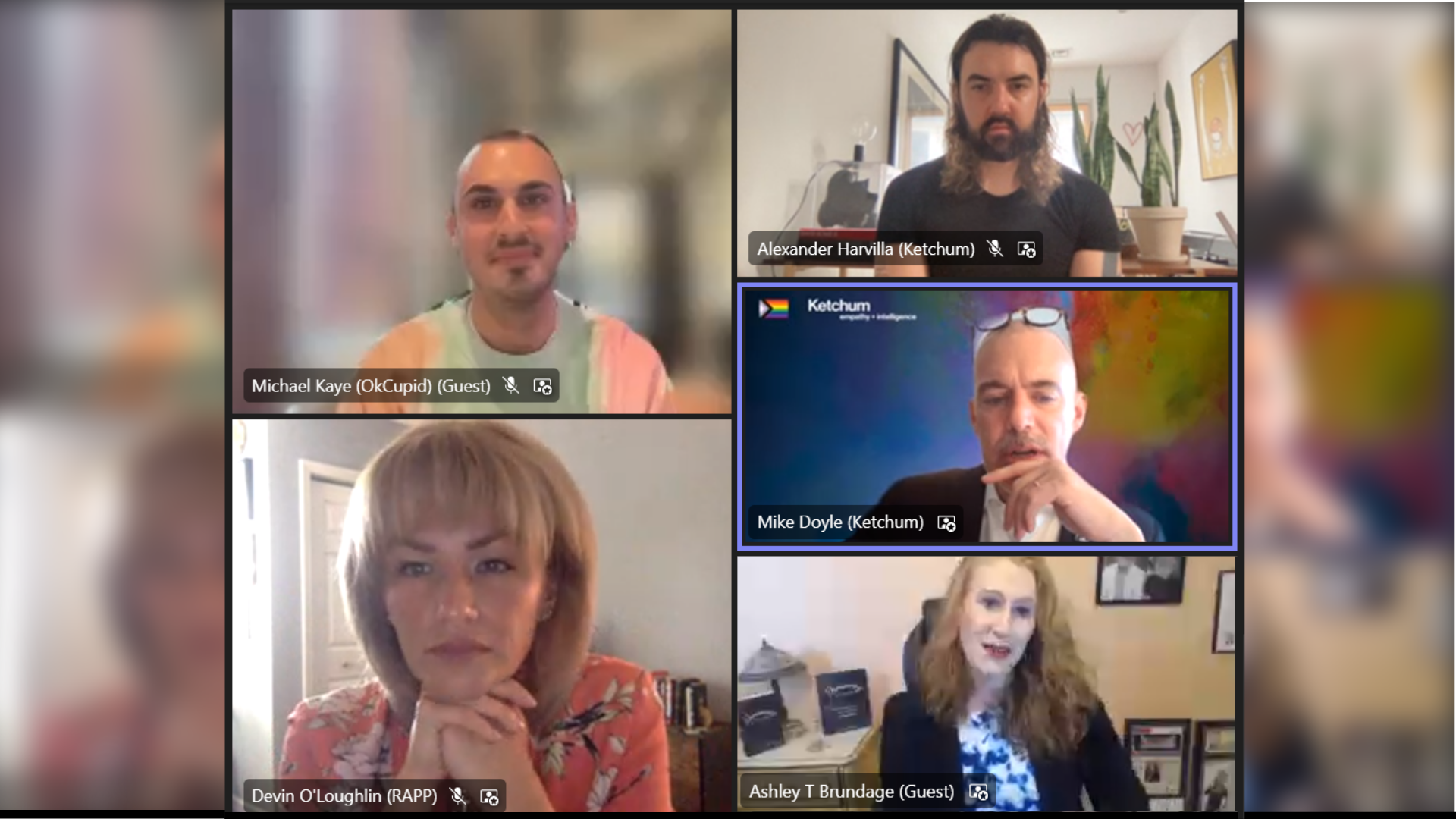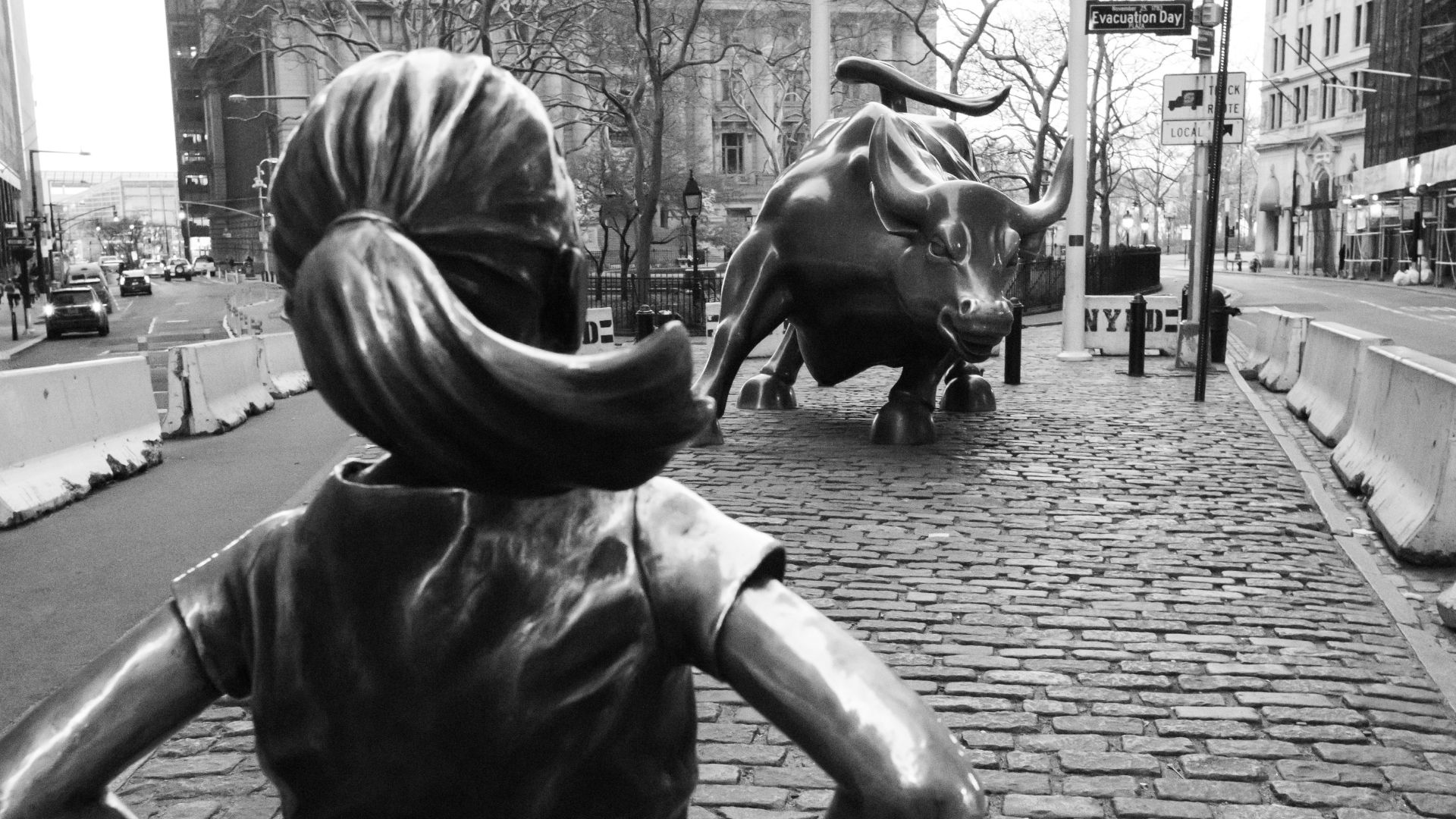As part of Ketchum’s Juneteenth observance, we reached out to Dr. Tony Allen, a member of our DE&I Advisory Board, to offer some perspective. Dr. Allen is President of Delaware State University, committed to a vision of the most diverse, contemporary HBCU (Historically Black College/University) in America. Before his tenure at DSU—which has included roles as Executive Vice President, Provost and Chief Academic Officer—he worked in the communications industry, leading the Corporate Reputation Group at Bank of America. Prior to that, he played numerous roles as part of his lifelong commitment to public service, including time spent as a speechwriter for then-Senator Joe Biden.

We thank Dr. Allen for sharing his thoughts with us about the importance of Juneteenth, the events currently unfolding across the U.S., his personal experiences, and the actions and lessons we should all take on when it comes to diversity, equity and inclusion.
On current events:
“What’s interesting about this moment is that one epidemic exposed another one. As a Black man, I’m not surprised by the things I’ve seen over the past couple of weeks because I’ve had to endure that all my life and have had to teach my sons how to endure those things as well. But the difference is that COVID-19 meant everyone was at home—we saw the horror and couldn’t look away.”
On continuing the momentum:
“I would press on us, if this is in fact different, what is going to be different this time? What I have seen across the rallies and protests across the country–and I’ve been part of two in Delaware–is that it is a diverse audience. They are speaking up, they are talking about Black Lives Matter very openly and really recognizing the importance of the moment. So now it really comes down to what’s next, how we sustain it over time, and how and who are we accountable to in this moment.”
On how to spend Juneteenth:
“The best conversations I’ve had in my life are the hard conversations, so if you have people that you have those with, that you can be vulnerable with around your own thoughts and ideas, your own backgrounds and experiences and things you don’t understand, I would encourage [you] to use Juneteenth to have those conversations. When you do that with family and friends and continue to have these conversations over the next few years, then we’ll start to see sustained change.”
On learning about what has come before:
“History is important, and you’ve heard a lot in the past couple of weeks about the impact of systemic racism and slavery. We’re at a moment now where you can see the long-term ill effects of systemic oppression on a people, but in order to know that with certainty you have to be able to educate yourself on the movements. Learn not only what they have endured but what they have contributed.”
On having an open mind:
“Being able to engage with people that don’t look like you, don’t have the same experiences you have and then seeing if you can move them while continuing to learn in a way that is profound for others, particularly for generations to come behind you, is a powerful tool.”
On his path to activism and his future career:
“In college, I was stopped for driving suspiciously, and the police officer didn’t believe I was a student at the university, and I spent a night in jail. Two days later, we shut down the university completely, and we did that because we were tired of trying to do the right thing, go on the right path and still having barriers put in front of us because of what we looked like. For me, that was eye-opening relative to my own professional career because I was a bit of an apathetic political-science major, and from this I became an activist. My thought was I not only want to serve my community but I want to be sat at the table where people are making decisions about how people behave or how they interact with folks, so I can raise my hand and offer a different perspective.”
On his current role as President of Delaware State University:
“Becoming president of Delaware State University was a dream for me. It was a goal I set myself back in 1995. I started my tenure in January—a couple of months later the pandemic hit, and now this has happened. I need to make sure the people I am responsible for—my sons, my students and others—know that I am here for them and I am listening to them so that I can be as powerful for them as others have been for me.”
On diversity and business:
“Diversity isn’t just a good ethic, it’s a good business practice. The more you look like the customers or the clients you serve and the more you’re engaging on issues that matter to them, it’s going to be an opportunity for you, and it’s the right thing to do.”
On recruiting diverse talent:
“I can tell you that probably every major success I’ve had along the way had to do with working hard and getting my head down but then somebody said, ‘I’m going to give that guy a chance.’ That’s not a Black story, that’s an American story. We need to make sure, especially in places of leadership, that we are seeing that talent and giving them the chance to engage. Organizations know the importance of diversity. The question is, have you actually made the bold steps to make it look and feel different?”
On advice from the former Vice President:
“Senator Biden used to say, ‘It’s a particularly lucky man that wakes up every morning, puts both feet on the floor and knows exactly what he wants to do and believes it still matters.” And that’s what happened to me. Every day, I know what I am doing matters. At every table, I know it’s less about my position, it’s less about the organization but more about who I represent and how I lift my voice in the moments that matter.”
On advice to his children:
“Martin Luther King Jr. stood in Oslo, Norway, accepting the Nobel Peace Prize, and he said, ‘I refuse to accept the idea that the “isness” of man’s present nature makes him morally incapable of reaching up for the eternal ‘oughtness” that forever confronts him.’ For my children, I try to teach them about our ‘oughtness.’ What ought we be doing for the greater good? That doesn’t mean that we are just successful—go to college, have a career, have a family—but it’s about how we serve others and reach back to help those coming behind us. How can we sit at the table and raise hands for the voiceless when they can’t do it for themselves?”



